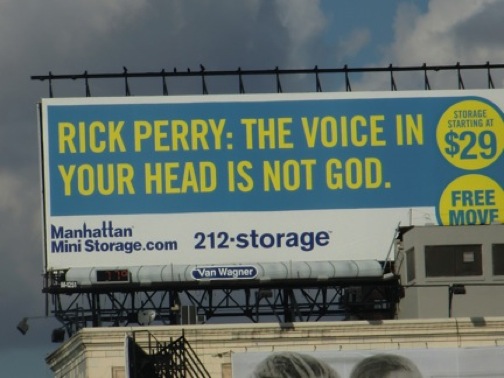Vision Matters
On Monday I wrote about language and yesterday I mentioned Ireland. Today I combine the two. I read somewhere recently that in ancient Ireland it was a greater crime to kill a poet than a king. I can’t find a citation and, although it seems apocryphal, I suspect it’s true, because in ancient Ireland poets had equal status with bishops and kings. At any rate, it helps explain the history of a people who have been far better served by their poets than their rulers and have, as a consequence, developed a rich culture and a strong identity that have enabled them to survive centuries of oppression. Perhaps it’s just his Irish-sounding surname, but I believe that Barack Obama’s appeal in 2008 was to the poetry in us. In his rhetoric, in his persona and in a biography that brought together so many disparate strands of America’s heritage, he appealed across conventional political lines in a way that contrasted with the deeply unpoetic presidency of George Bush. It is ironic that the result has been polarization to the point of gridlock and a Republican opponent for 2012 who is nothing if not prosaic.
Not everyone is enamored of the idea of poet as president. In fact, this election is increasingly focused on management styles and problem-solving techniques. But right now, I think what we need above all is a new vision of ourselves as a people . . . such as Havel gave the Czechs, Churchill gave the British, and Lincoln once gave us.
